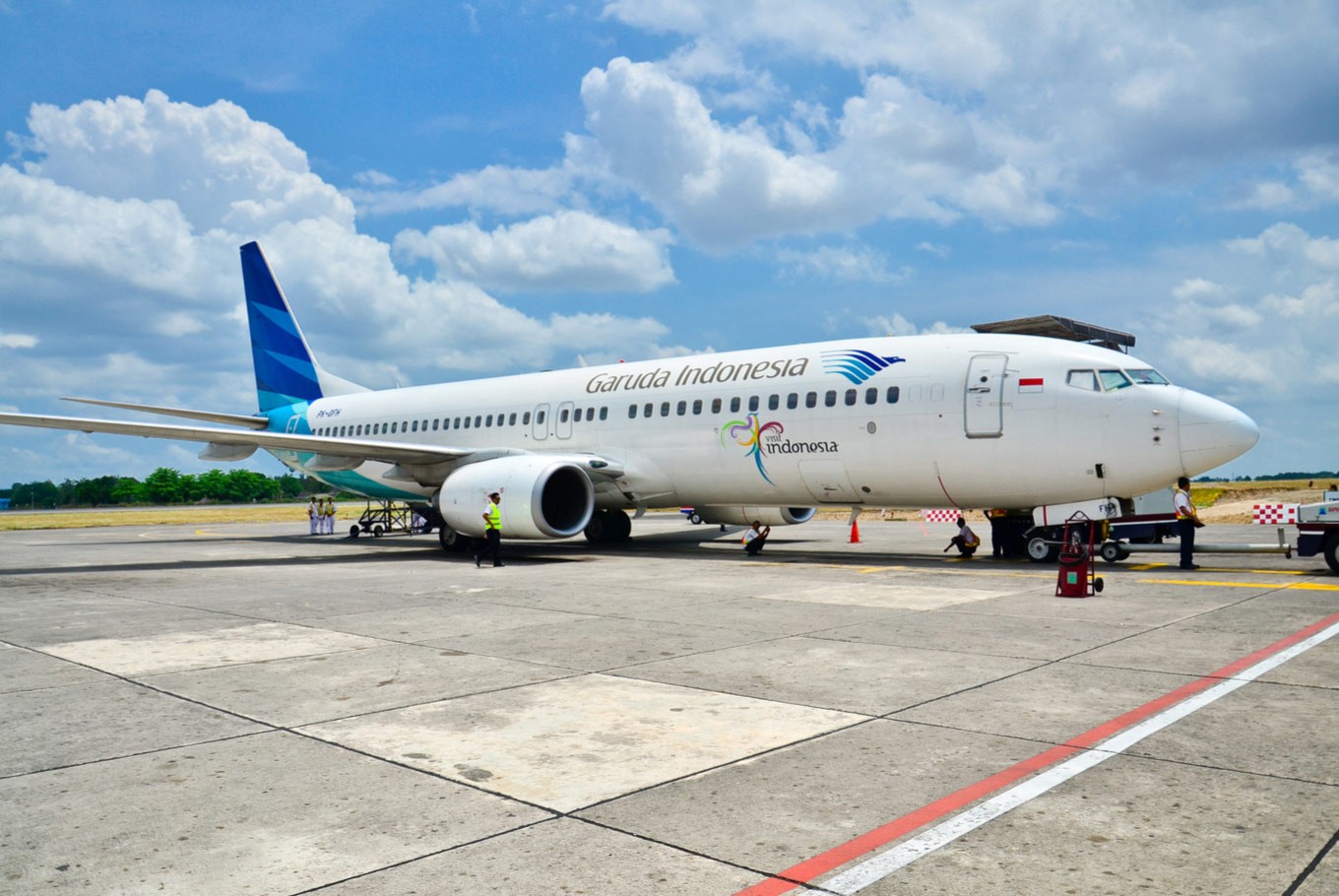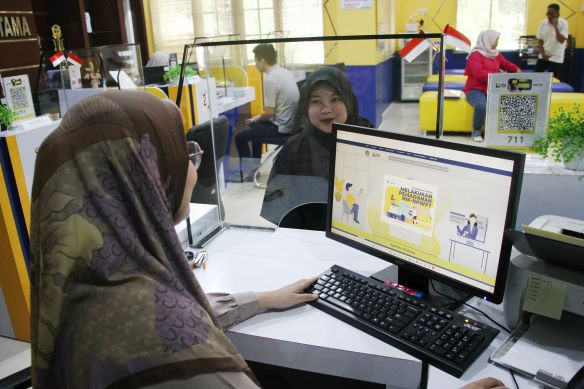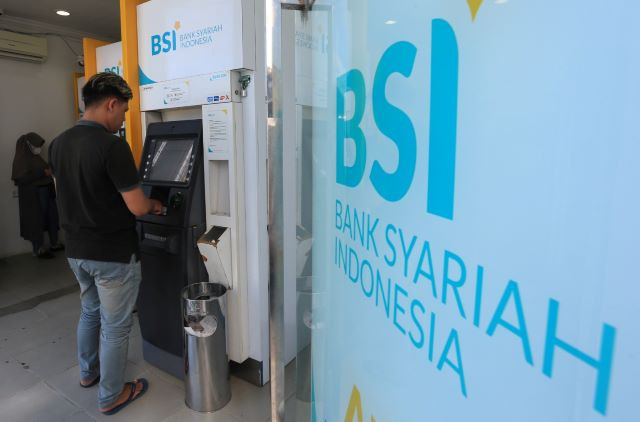Garuda bolsters operations
With a population of over 265 million and with a steadily rising middle class, Indonesia badly needs adequate air transportation.
Change Size
 Garuda Indonesia aircraft (Shutterstock.com/cesc_assawin)
Garuda Indonesia aircraft (Shutterstock.com/cesc_assawin)
T
he recent takeover of Sriwijaya Air operations by Citilink, the budget airline subsidiary of state-owned Garuda Indonesia, is a strategic corporate move by the national flag carrier to strengthen its competitiveness in domestic, regional and international operations.
In terms of operations, the Citilink-Sriwijaya cooperation should run smoothly because Garuda has been tied up in a code-sharing agreement with Sriwijaya and its subsidiary Nam Air since earlier this year. As for the legal aspect, the Citilink-Sriwijaya business deal is not likely to require special assessment by the Business Competition Supervisory Commission’s antitrust regulators because the government periodically sets minimum airline fares to prevent cutthroat price wars and the abuse of market power.
The operational merger of the two budget carriers simply validated the rumors that had long been circulating about Sriwijaya’s financial distress in the face of the increasingly fierce competition among the 10 low-cost carriers as the largest budget airline Lion Air has steadily expanded its operations.
Airlines are indeed difficult businesses to run as they are both capital and labor intensive, have complex operations and thin margins and their marginal cost of production is rather negligible. They also encounter plenty of unpredictability as major factors affecting results, such as fuel prices, weather and macroeconomic shifts, are simply beyond management control.
The Transportation Ministry warned as early as 2015 that the government would not allow airline companies that were neither commercially viable nor able to ensure safety, security and comfort for customers to continue operations.
However, virtually all transportation analysts foresee a bright future for the airline industry in the world’s largest archipelagic country of over 15,000 islands, stretching 5,200 kilometers across from east to west and almost 2,000 km from north to south. With a population of over 265 million and with a steadily rising middle class, Indonesia badly needs adequate air transportation.
The International Air Transport Association (IATA) has projected by 2034 Indonesia will become the sixth-largest market for air travel with some 300 million passengers expected to fly to, from and within the country. The biggest challenge is the acute lack of aviation infrastructure even though the government has accelerated the pace of new airport construction and the expansion of existing ones on the various islands.
The European Commission’s decision last June to remove all Indonesian carriers from a decade-long European Union airline blacklist has further bolstered market confidence in the country’s aviation industry.
The Citilink-Sriwijaya joint operations will contribute greatly to improving Garuda Group’s operational economies of scale, which is the key to competitiveness in the airline industry with its specific characteristics of being capital, technology and labor intensive. The Citilink-Sriwijaya tie-up will operate almost 100 aircraft serving 130 domestic routes, thereby providing a strong synergy for the full-service Garuda airline and leaving them both better geared up to compete within the ASEAN open-skies policy.









